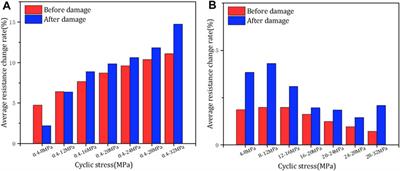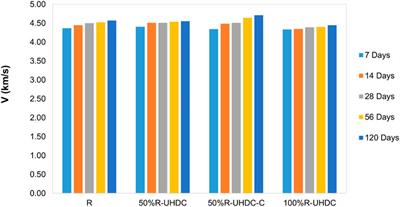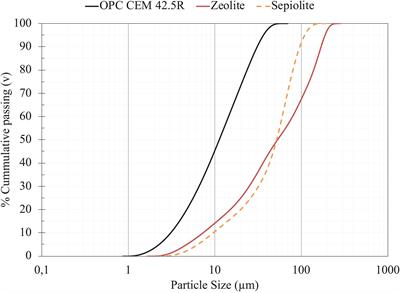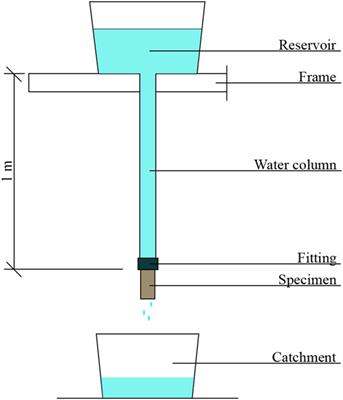ORIGINAL RESEARCH
Published on 28 Jul 2021
The Effect of the Addition of Graphene Nanoplatelets on the Selected Properties of Cementitious Composites

doi 10.3389/fbuil.2021.673346
- 4,673 views
- 11 citations
3,943
Total downloads
29k
Total views and downloads
You will be redirected to our submission process.
ORIGINAL RESEARCH
Published on 28 Jul 2021

ORIGINAL RESEARCH
Published on 07 Jun 2021

ORIGINAL RESEARCH
Published on 28 May 2021

ORIGINAL RESEARCH
Published on 13 Apr 2021

ORIGINAL RESEARCH
Published on 28 Jan 2021

